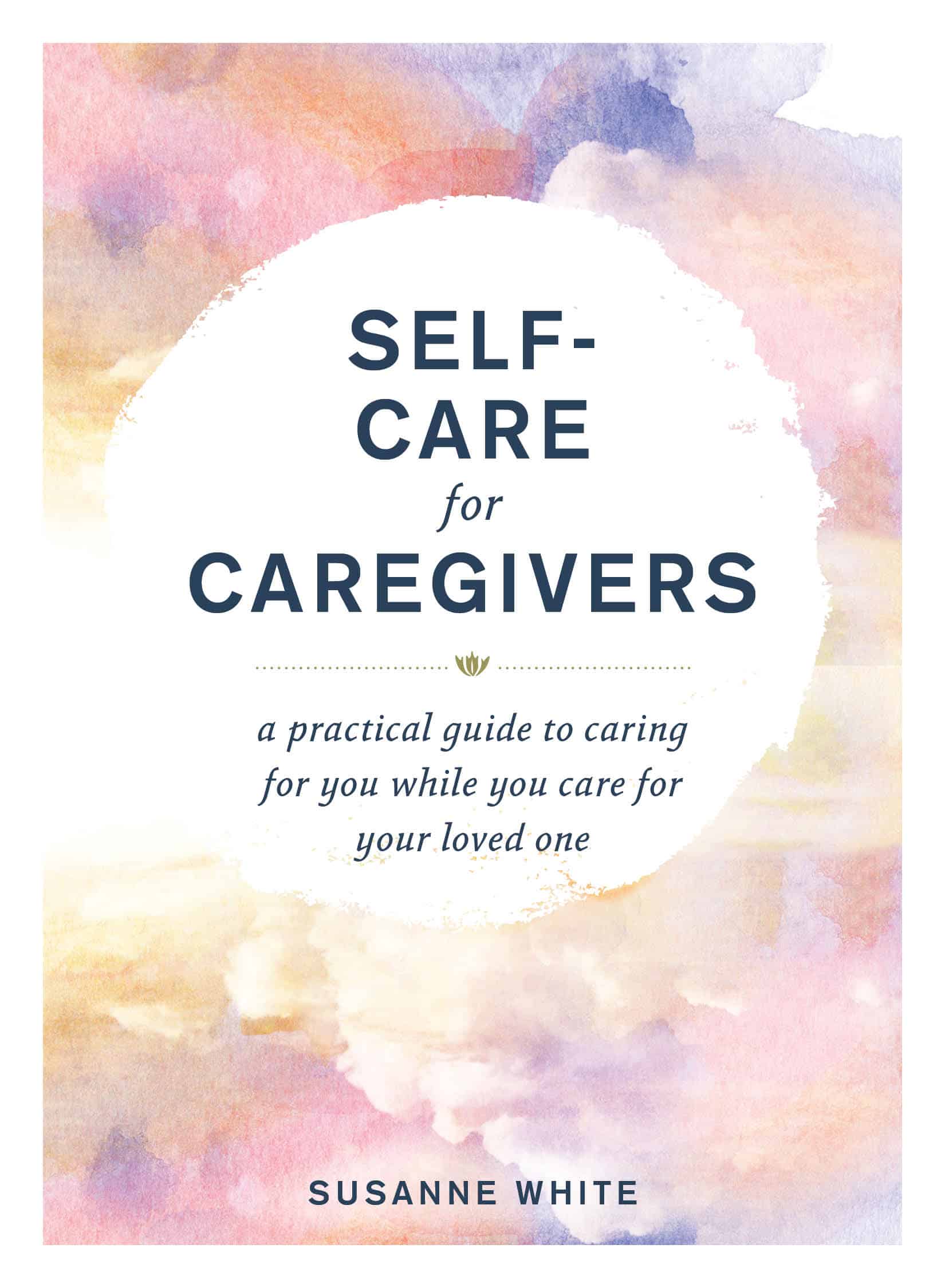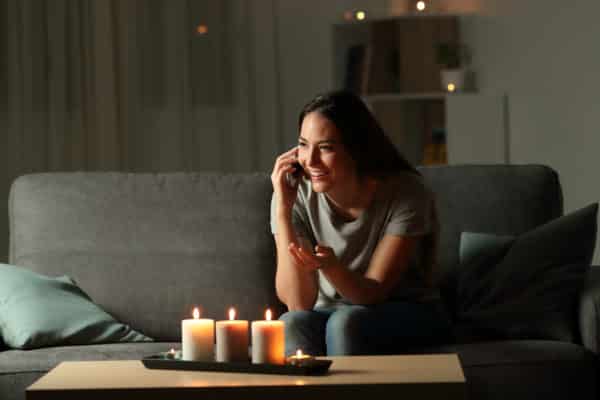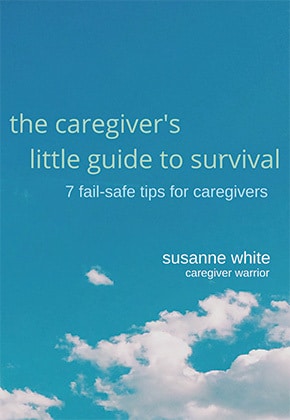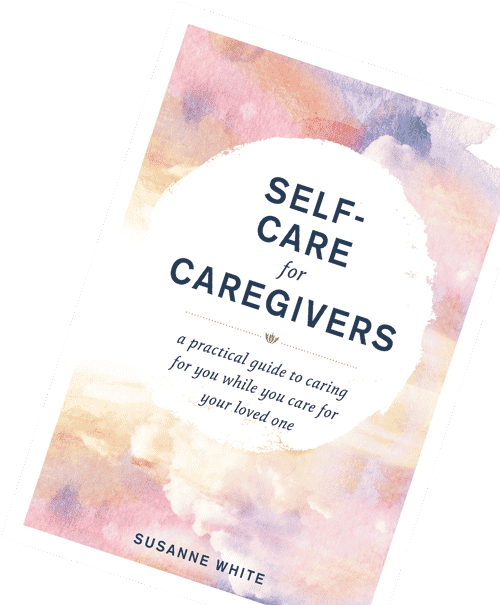I just reached out to someone I hadn’t spoken to in a long while. She is someone whose company I enjoy, is a good listener, and is very supportive of my caregiving journey. I recently saw her in a large zoom meeting and she sent me a message in the chat welcoming me and telling me how happy she was to see me. It made my day and made me feel like a million bucks as my dad would say. At the time, I thanked her for her kindness and welcome.
Yet even with this outreach to me, it took me weeks to take advantage of her overture and send a text saying I’d love to chat with her soon when she had time.
Reflecting on this, I realized that this syndrome of hesitating to connect with people who build us up or can help or support us is something so many caregivers are inflicted with. Why do we hesitate to get in touch with friends, mentors, supporters, and trusted allies even when they ask us to? Although this avoidance of asking for help or reaching out will probably remain a mystery to me forever, I do want to share some tactics I use to talk myself into connecting with people when I need or want to.
Put together a tribe.
Put a group of trusted allies and team members together and work on establishing a good relationship with them. It’s all about connection and surrounding yourself with people who are positive, supportive, and winners. These are people you can count on because they love and support you and have your best interests at heart. You do the same for them. When we have a tribe or pack we can run with, we all help each other to thrive. Cherish these people as they will cherish you. If you have a list of people ready and willing to take your call; it’s easier to pick the phone up.
There’s nothing wrong with asking for help or feedback.
The number one thing that stands in my way when I hesitate to reach out, especially if I need help, is shame or embarrassment. I worry that there is something wrong with me, that I’m a failure if I ask for help, or that someone will think poorly of me if I’m vulnerable, honest, and scared. Nothing is further from the truth. My trusted tribe loves and supports me, thinks I’m terrific, and truly wants to make sure I’m ok and help out when they can. It makes them feel good to be able to help me. I know this feeling because I get it when I can lift someone up if they reach out to me. They want to return the favor and I should let them without feeling bad about it!
It doesn’t have to be an emergency.
It’s ok to reach out just to connect. Just saying hi and checking in is a form of asking for help. It’s good to put it out there and let people know we want to stay in touch. The more we get in touch with people, the easier it is to instigate connection when we need help or a favor. It’s a really good habit to socialize and communicate.
If someone doesn’t get back right away it’s ok.
Don’t take it personally. I think about all the times someone leaves me a message and I try to return a text, email or call and time just gets away from me and I forget to respond. Call them again, they want to hear from you. They are just busy!
Just do it.
Don’t even think about it. The minute I feel lonely or in trouble or upset, I pick someone from my trusted ally list and dial. I don’t have to know what I’m going to say or how to say it. When my friend asks me how I’m doing it’s easy for me to say I don’t know, or I just need to run something by you or I just need to let off steam. Don’t make it a big deal.
The more we communicate and reach out the easier it is. When I have reached out and asked for help, I have always been blessed and surprised at how good it made me feel and how helpful everyone is. I always walk away feeling better about myself and lighter in my heart. I’ve gotten great advice, good feedback, new perspectives, and a lot of relief and healing. Let’s work on perfecting and practicing our “asking for help” muscle. It’s a lifesaver!
Here’s more on asking for help!










How do you decide who the best people are to have in your tribe? Are they local friends who could step in and help you with caregiving responsibilities if needed or are they more just sounding boards and folks who have gone the road before you so they can offer advice?
We’re relatively new to the caregiving journey. My mother-in-law moved in with us this past year because I think we all recognized it was time for various reasons. However, we have young children too. So sometimes taking care of her needs and their needs overlaps and feels like it’s stretching us thin (especially if I have to be gone for something with our children). She moved across the country so she’s still working to form new local friendships. Thankfully my mother-in-law is a pretty go-with-the-flow person so it’s been reactively smooth. There are days in our journey that I do wish I had a more solid local tribe, especially of friends for her. (It’s hard knowing how to help someone in a different generation form friendships especially when some of the places like senior centers are still functioning under different rules.
I found a combination of reaching out to family and friends, asking for help from them, joining caregiving support groups through wonderful organizations such as Alzheimer’s Association or local community centers or churches, praying to angels in heaven to send me angels walking on earth, taking advantage of any social workers we came across during hospitalizations, or medical interactions and then adding in mentioning my caregiving to anyone I could strike up a conversation with helped me build my team and tribe. I also gained wonderful insight and heard many great stories in the spur of the moment with people I would meet during my day because there are 58 million of us Caregiver Warriors out there and often the person standing ahead of me in the grocery line was a caregiver. Even that brief camaraderie and story sharing brought relief and often laughter. My parents had a strong community of friends from their church and my Dad kept active as the town’s meter maid! Making sure we attended Church dinners and events at our town community center and restaurants helped too. Perhaps including them in your activities with the kids might be an awesome way to connect her with fun social time. I know how hard it is to be a sandwich generation Caregiver Warrior and I think you are awesome!
This is such a great blog post. Sometimes it’s so easy to feel guilty over asking for help as a caregiver.
Absolutely! For some silly reason we feel guilty or like we are bad caregivers if we reach out for help. The truth is, getting help and building a team makes us better caregivers!